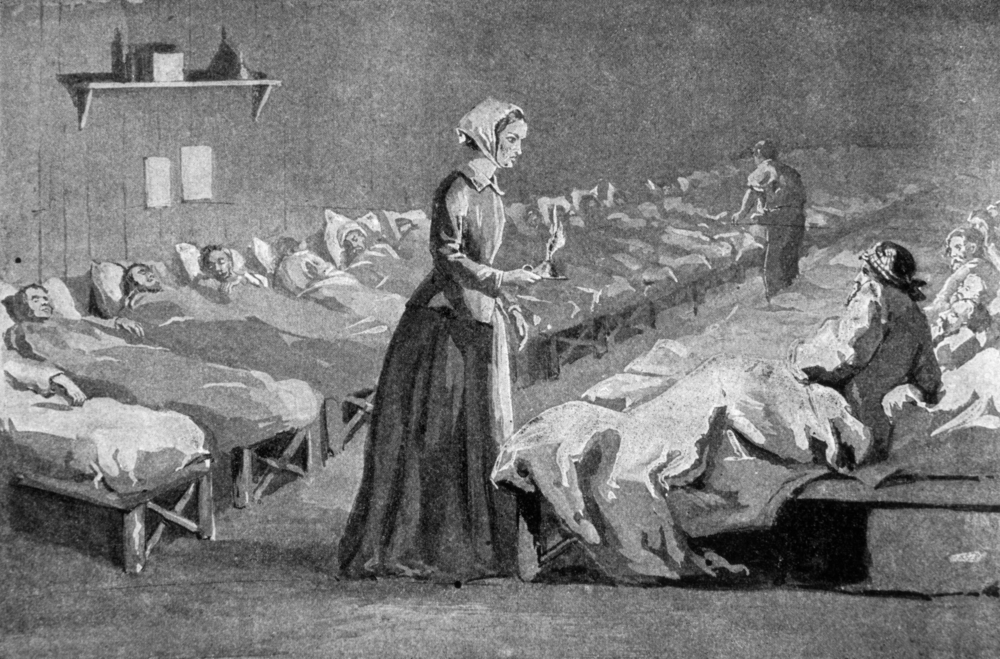In May we marked the 200th anniversary of the birth of Florence Nightingale. It was a moment that was highlighted by many as at that exact time frontline workers were finally being highlighted as the heroes they are. Many of those nurses and doctors who risk their lives during the pandemic to save others are a strong reminder of the incredible work that Florence Nightingale did. Without her, modern medicine would be years behind what it is today.
Florence Nightingale was an incredible nurse but if you google her name it will come up as statistician. While strange, it is accurate. Nightingale’s true impact on the health industry may have come about because of her excellence in statistics not her excellent in the field.
Florence is most famously known as the Lady with the Lamp. This is because she worked during the Crimean War as a nurse and soldiers would note how she worked day and night and would go from bedside to bedside administering care. She was an exceptional nurse and rose quickly in the ranks at the time.
However, the levels of sanitation at that time were incredibly low. Hospitals were disease-ridden places where many people died of diseases caught at the hospital not from the injury they went there with. During the Crimean war, Florence Nightingale was stationed in Constantinople where the main hospital for British soldiers was. She was appalled at what she saw. The floor was covered in human waste and sanitation levels were incredibly low. Rats and cockroaches ruled the corridors and spread disease like wildfire.
Florence changed the way Western medicine was done in that hospital. She forced staff, patients, and all others to clean the hospital entirely. In doing so she reduced the death rate by 65%. She then returned to Britain and was unable to be as active as a nurse. Her own illness and frailty stopped her from working as tirelessly as she had. Instead, she wrote a book called “Notes on Nursing” which put many of her practices in writing that soon became standard. She asked for nurses to constantly be washing their hands to avoid the spread of disease, something that was not understood in the Western World at the time. This is where the statistician was born.
She soon worked with the government and was able to produce statistics that showed that 16,000 out of a total of 18,000 soldier deaths could have been avoided if proper hygiene was used in a war hospital. From there she established her own hospital and continued to lobby in public for better sanitation standards and health practices.
When we look back at that time we can hardly believe how badly sanitation and hygiene were understood. However, we only need to look at the spread of the coronavirus today to see how little is still understood.
The advice continues to change to people. Wear a mask, or don’t. Give two meters distance or stay in total isolation. Part of the initial spread of the pandemic was caused by confusion. People didn’t know how serious the disease was or how much they were spreading it.
Only after weeks of the virus did some sort of clear message come out about how to avoid spreading the disease, things that now seem obvious. As in Florence Nightingale’s time, the best approach is to wash our hands as much as possible. With the virus we need to keep distance as this stops us from breathing in the disease from others who have it. Finally, masks do make sense in environments that are busy but we need to be smart with how we use them to ensure we are not touching them too much and we are keeping them clean.





